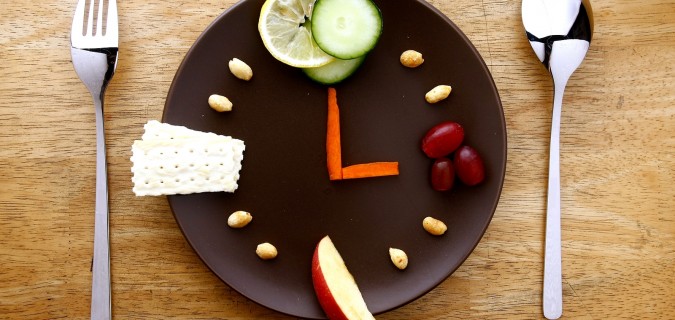A couple of years ago, NPR did a piece on the origin of the power lunch. In short, the famed power lunch started at the Four Seasons in NYC and was the epitome of status. Under the guise of cutting deals, VIPs (from politicians to CEOs and celebrities of the week) would contribute to the ‘scene’ of making things happen. This all occurred while they ate a meal that took less than 12 minutes to prepare, accompanied by a libation or three.
From there, the power lunch grew. And restaurants ran with it. But as expense accounts are trimmed and increased productivity is increasingly expected, the power lunch is becoming a relic of the past. Besides, who can still crank out solid work after a two-martini lunch? The media does still shed light on the occasional power lunch, like in this article about Julia Louis Dreyfus and Nancy Pelosi. But the meal has transformed and trickled down to the rest of us in a whole new way.
The power lunch is now more of an opportunity to invest time in ourselves by helping others, improving our health, or getting help. To get more out of your lunch this week, here’s what to pack:
- A 30-minute workout (if only a 30-minute walk), followed by a salad. Try doing this just once a week for one month. You may be surprised that this habit might stick and that you may even find yourself doing it more and more often. The Power of Habit is a great read on this topic, and may help you stick to it. Re-energizing physically is important.
- Positive company. Go out to lunch with people who you feel energize you. If you find yourself going to lunch with someone who enjoys complaining about work and office politics, distance yourself. Believe it or not, studies show that this type of person can put you at risk for adopting an unproductive mindset. That’s not to say that being reflective isn’t valuable, but there can be a fine line between reflective and de-energizing conversations.
- Your listening skills. Empower others by making yourself available to listen to what projects others are working on. Find out what they took away from their projects and see if you can apply their findings to whatever project or initiative you’re working on. By making yourself available as a sounding board, you could be helping others. The byproduct — besides learning on someone else’s dime — is longevity. Studies show that a “helper’s high” contributes to living longer. It’s the science of doing good deeds.
Once you get to the top of the summit, there will be plenty of power lunches to enjoy. In the meantime, while you’re climbing, pack your lunches powerfully with the items above.













